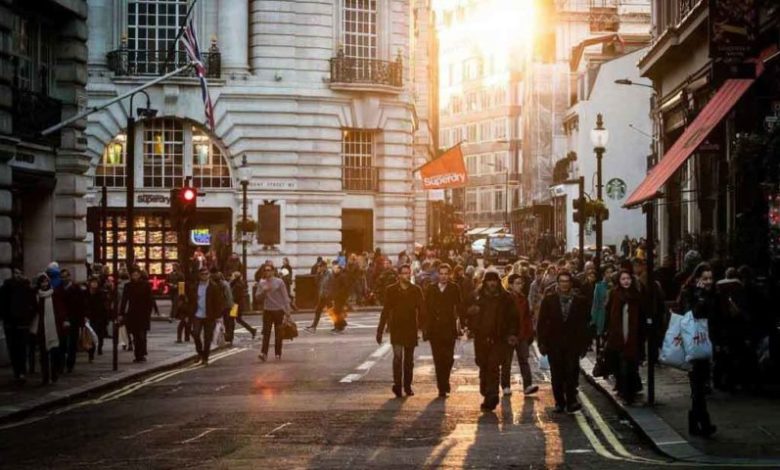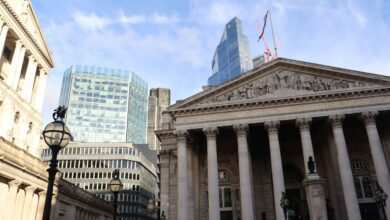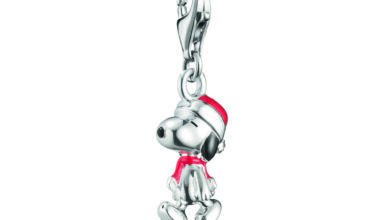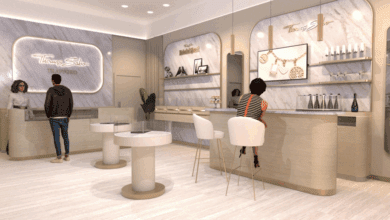Consumer spending grows 3.9% in January
However data shows that only 54% of consumers are confident in their household finances

Register to get 1 free article
Reveal the article below by registering for our email newsletter.
Want unlimited access? View Plans
Already have an account? Sign in
Consumer spending increased 3.9% in January, partially driven by price increases that continued to drive uplifts in ‘essential’ spending.
That is according to data from Barclaycard, which processes nearly half of the nation’s credit and debit card transactions.
Spending growth on day-to-day necessities surpassed 4% for the first time in seven months as inflationary pressures fuelled a strong start to the year.
In contrast, growth in discretionary categories slowed, falling to 3.8% as consumers reduced spending on ‘nice-to-have’ items. Spending on clothing (1.6%) and travel (4.5%) also saw weaker growth, especially when compared with December figures of 4.1% and 7.3% respectively.
However compared to December, when six in 10 Brits expressed confidence in their household finances, just 54% now say the same. Confidence in the UK economy is also deteriorating; just 29% of consumers say they feel confident. Half of Brits (46%) also worry that the ongoing Brexit talks will leave them worse off.
Barclaycard also said there was evidence of a future fall in perceived spending power as a result of inflationary pressures.
Paul Lockstone, managing director at Barclaycard, said: “January’s uplift in spending represents a strong start to the year. But faltering confidence levels across the board suggests that consumers are feeling the effects of a post-Christmas slump, as well as the wider impact of inflation on their everyday lives.
“While spending on the ‘experience economy’ proved to be a natural and welcome antidote to the January blues, the dip in sentiment revealed by our consumer confidence data, allied to concerns over economic and political uncertainty, is quite telling.
“It suggests that caution will continue to be the watchword for many consumers as they allocate their household budgets in the months ahead.”







